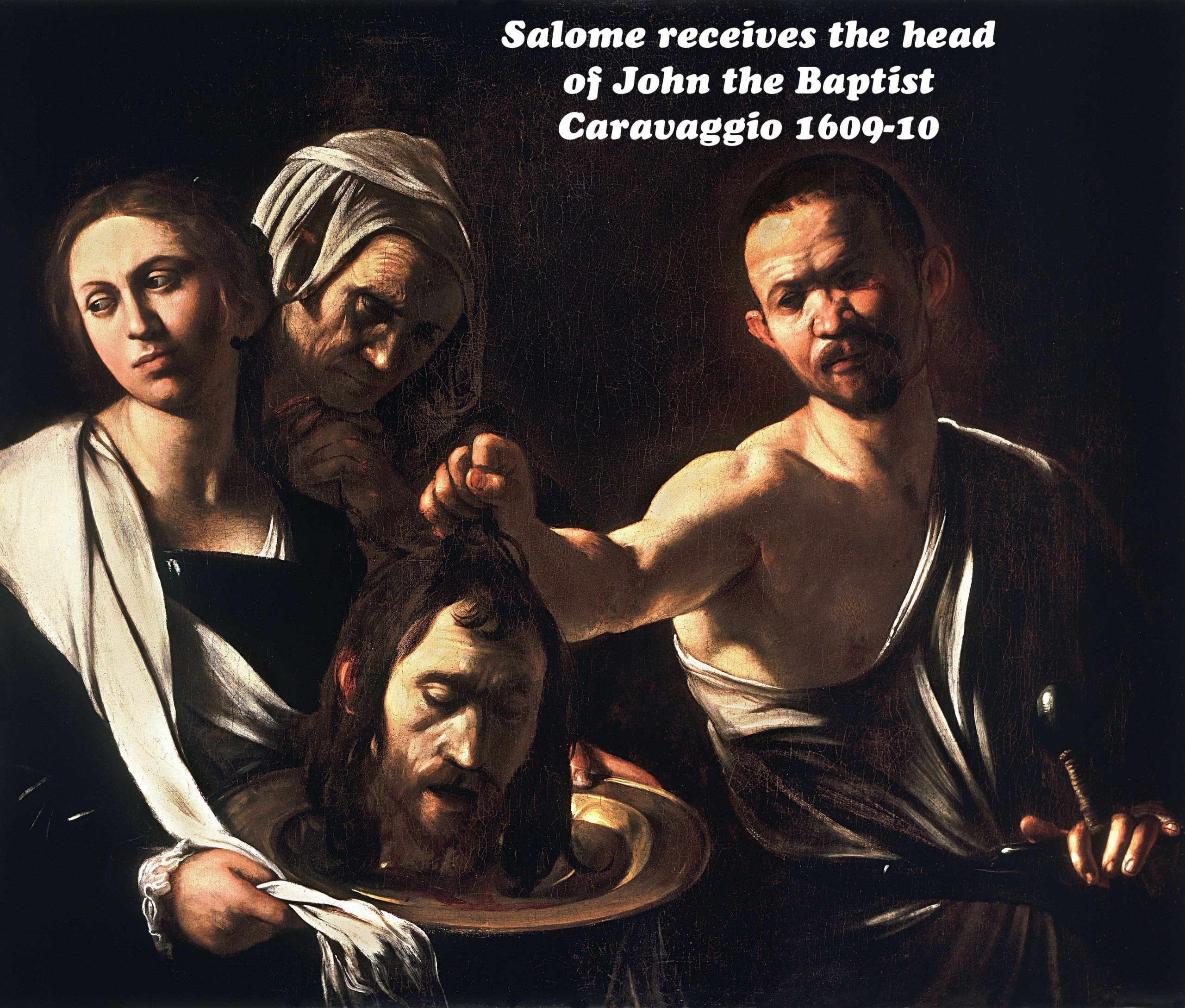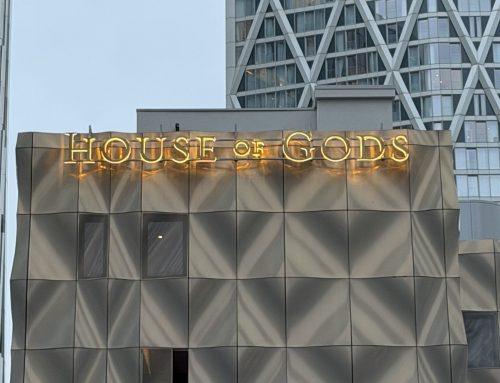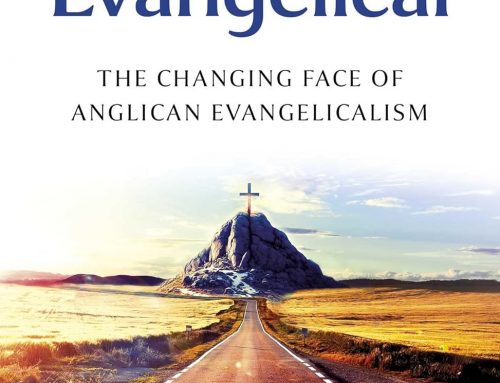The next forty years and the end of mainstream Christianity?
Editorial: The Rev’d Dr. Nicholas Henderson
Editor: Anglicanism.org

According to an article recently published in the U.K. Church Times an analysis of R-number modelling, as used during the Covid crisis, which calculates the growth or contraction rates of events and institutions, has given the Church of England a “reproduction potential” R number of 0.9. In short this means that at current rate of decline the Church will cease to exist in 2062.[i]
The C of E isn’t alone in this, the Church in Wales the Methodist Church and the Roman Catholics are also heading for oblivion. Only Baptist churches, Pentecostalist and other Evangelical churches are apparently bucking the trend … to a degree.
All over the Western World a similar analysis can be applied to what might be called traditional churches. For example, the Episcopal Church in the United States, along with other major denominations, is currently having a crisis of candidates for ordination.[ii] Of course, the so-called developing nations have an entirely different growth narrative as the gravitational centre of the Christian Faith shifts south.
We have almost become immune to this kind of news and apart from some ever more conservative manifestations, usually on the evangelical wing of Christian expression, decline in Western observance of church-going has become a fact of life. Unsurprisingly, reorganisation, retrenchment, abandonment of buildings and new ways of ministerial outreach are common responses. However, neither any solution nor agreed resolution has yet emerged amongst the plethora of suggested short-term quick fixes. For what it is worth this author’s view is that the Church of England’s traditional pastoral role far outweighs any moves towards centralisation or preoccupation with quarterly returns.
Nevertheless, it might be worthwhile looking ahead to the next forty years or so to speculate what might be the ongoing challenges to us and the next two generations? This is about as far into the future as it is realistic to contemplate without writing dystopian science fiction.
Unlike previous centuries there is currently an absence of any metanarrative on which to build.[iii] Instead we must look at ourselves as a technologically advanced civilisation in danger of becoming enslaved to the coming of artificial intelligence. We live in a divided society already victimised by an anarchic and uncontrolled social media, access to the unmoderated world-wide-web and manipulation of information. It has become difficult to distinguish fact from fiction, truth from lies and religion from cultus. The Church is inevitably judged harshly in this environment and is at best seen as one belief system amongst many.
There will be consequences for this brave new world with its views untrammelled by ethical considerations. As examples, it will be informative to see how much manipulative online interference there will be in the run-up to forthcoming elections in the Anglo-Saxon world on both sides of the Atlantic, or indeed how wars such as that in Ukraine eventually unfold. This is likely to be repeated with many issues to the ‘Nth’ degree[iv] everywhere and it probably won’t end well over the next forty years. The first casualty is likely to be democracy as we understand it, to be replaced by popularism and autocracy. We can already observe this in the near religious ecstatic following of leaders such as Donald Trump and by dint of a controlled media, Vladimir Putin. These are not isolated examples.
This in turn leads to consideration beyond the demise of Western forms of Christianity to those more demanding (of their adherents) expressions of non-Christian faiths, which are capable of making a virtue of evangelisation effectively by the sword, something that Christianity used to do. Blessed and articulated by Augustine of Hippo in the fourth and fifth centuries the Christian faithful were whipped into line by a providential interpretation of Luke 14 vv 16-24 where the steward of the wedding feast orders ‘Compel them to come in!” By the era of eighth century in the Europe of Charlemagne, Christian kingship, based on the Old Testament model was in full swing, forcibly converting pagans. This continued for centuries onwards into the nineteenth century – but not now. In fact in the next two generations, Christianity, already in deep trouble as a minority in some parts of the world, may become the most persecuted faith, including internecine infighting, as religious fanaticism increasingly comes into its own.
Closely allied to forced conversion to one kind of belief or another is the rise of demagogues, petty warfare and potentially nuclear holocaust. Ironically, the absolute number of war deaths has been in decline since the end of the Second World War.[v] That is without mass use of the enormous nuclear, chemical and biological arsenals currently in possession of no fewer than nine (or possibly ten) countries for nuclear, and many other countries for the rest. A good few of these have uncertain levels of political stability and are unpredictable at best.
Of the three great powers, the United States is possibly in terminal decline, China is in the ascendency and the European Union is consolidating. By way of interest the United Kingdom, since the isolationist folly of Brexit, is drifting aimlessly here and there desperately attempting to strike new alliances and living on historically borrowed time.
Arguably, the restless forces behind any future political, religious, and societal changes ahead can be traced back to a foundational source in what is sometimes rather coyly described as ‘climate change’, in reality ‘potentially runaway global warming’. This has indisputably been created by human-induced increases in warming gases such as carbon dioxide, caused in turn by long-term profligate use of fossil fuels. The fact that there is near absolute scientific consensus of cause and effect hasn’t stopped a host of alternative explanations and refutations, usually from the hard right wing of politics and religion. These counterfactuals range from outright denial that anything untoward is happening, to ‘the weather is warming but it’s nothing to do with us’, and numerous other variations, including one of my personal favourites – ‘it’s God punishing the world because of the inequities of the Obama regime!’
It is our fault and our reluctance to do anything really significant about it means that the world is warming fast, is increasingly climatically unstable and for the next forty years this will be an absolutely certain fact. It will have major consequences, including the politically explosive phenomenon of mass migration. Huge movements of people (mostly northwards) will be associated with enormous, often violent unrest and political instability. Without dramatic remedial action, of which there is no real sign, the rendering uninhabitable of huge areas of the earth’s surface are now sadly our destined lot. Despite this the world will continue be one of small, immensely wealthy elites dominating the “huddled masses” as described succinctly in ‘The New Colossus” a sonnet by the nineteenth century poet Emma Lazarus (1849-87) written ironically as a fundraiser for the pedestal for the Statue of Liberty in New York.
Perhaps only prophets of proven and recognised status such as Isaiah can really help us better contemplate and put into context the future of humankind? This does of course depend on which of the one, two or even three authors contributed to the work – an opinion on the exact numbers of authors of the monumental book in turn depends in which year you might have studied for your bible examinations!
In the Old Testament prophecy often consists of conditional warnings rather than immutable certainties. Crudely put this means ‘repent of sin X and turn to righteousness, otherwise the consequences will be Y.’ In the New Testament a different type of prophetic figure like John the Baptist said much the same – and paid for it, like Jesus himself, with his life. Mercifully it is only a noisy minority in the Church who consider that righteousness is achieved only by a retrenchment to ever more conservative ways of being horrible to each other, especially in sexually related matters. That route is surely the complete antithesis of the Christ who commanded that “we love one another.”
Interestingly, there is a small redemptive feature for my peroration. On this the very day that this editorial is published a recent survey shows the majority of Church of England clergy, whilst acknowledging the reality of numerical decline in the face of secularism, are in favour of all the things that the hard right despise, such as same-sex marriage and women bishops.[vi]
Perhaps it is something of a fools’ errand to attempt a look into the future, even for as short a period as that of the predicted demise of the mainstream churches? The future is a page yet to be written, and the ‘R number’ statistics as recently reported are rather scary … but we’re not quite there … yet.
Nicholas Henderson
Feast of the Decollation of St John the Baptist
29th August 2023
[i] https://www.churchtimes.co.uk/articles/2022/27-may3-june/news/uk/church-of-england-r-number-suggests-bleak-future-says-mathematician#:~:text=He%20analysed%20attendance%20data%20from,vanish%20by%202062%2C%20he%20concludes.
[iii] For example, the grand narratives of the Enlightenment, Democracy, and Marxism. Hayden White (b. 1928), an American historian, also suggests that there are four Western master narratives: Greek fatalism, Christian redemptionism, bourgeois progressivism, and Marxist utopianism.
[iv] The ‘Nth’ term is a formula that enables any number to be found in a sequence of numbers.
[v] https://ourworldindata.org/war-and-peace
[vi] https://www.thetimes.co.uk/article/church-of-england-christianity-survey-gay-marriage-sex-female-archbishop-70ck07sj6





